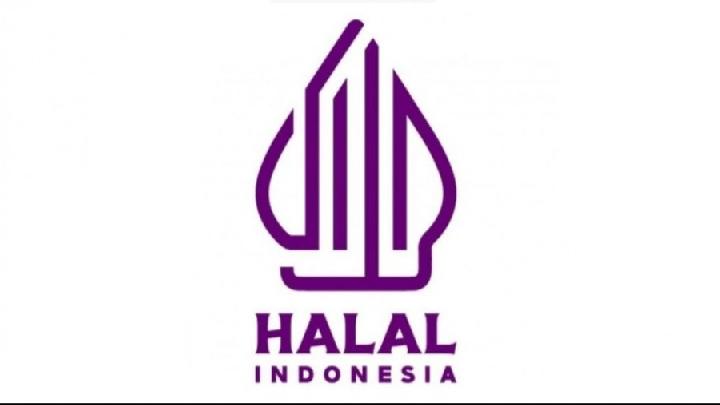HR Outsourcing Services
HR outsourcing services help businesses optimize operations, reduce costs, and stay agile in today’s fast-changing market. Whether expanding globally or growing locally, companies turn to outsourcing to handle key HR functions more efficiently. From payroll and recruitment to compliance and employee management, outsourcing provides access to expert support without the overhead of a full in-house team.
What Are HR Outsourcing Services?
HR outsourcing services involve delegating specific human resource functions to an external service provider. These functions can range from basic administrative tasks—such as payroll processing and benefits administration—to more strategic responsibilities like talent acquisition, employee onboarding, regulatory compliance, and performance management.
Depending on a company’s needs, HR outsourcing can be:
- Full-service: Outsourcing the entire HR function.
- Selective outsourcing: Outsourcing only certain functions, such as recruitment or payroll.
- Co-sourcing: Collaborating with an outsourcing partner while retaining certain internal HR capabilities.
Many companies choose HR outsourcing services to gain access to specialized expertise, advanced HR technology, and scalable solutions without the need to build a large in-house HR team.
Why Businesses Choose HR Outsourcing Services
1. Cost Efficiency
Outsourcing HR functions reduces the need for hiring, training, and maintaining a full internal HR team. It helps companies avoid the expenses of HR software, infrastructure, and continuous professional development. This is particularly attractive for startups and SMEs looking to control operational costs.
2. Compliance with Local Regulations
Staying updated with employment laws, tax obligations, and labor regulations is complex, especially in countries with dynamic regulatory landscapes like Indonesia. HR outsourcing providers bring legal and regulatory expertise, ensuring that businesses remain compliant and avoid costly penalties.
3. Focus on Core Business
Outsourcing non-core activities allows leadership teams to focus on strategic priorities such as product development, sales, and market expansion. With HR processes managed externally, internal resources can be allocated more effectively.
4. Scalability and Flexibility
As businesses grow or shift priorities, their HR needs evolve. HR outsourcing services provide flexibility to scale up or down without the long-term commitments of in-house hiring. This is especially beneficial for project-based workforces, seasonal hiring, or regional expansions.
5. Access to Specialized Expertise
Outsourcing firms often have HR professionals with deep industry knowledge, offering expertise in recruitment, employee relations, compensation structuring, and organizational development that may not be available internally.
Common HR Functions Outsourced by Companies
- Payroll and Tax Administration
Ensuring accurate and timely salary disbursements while adhering to local tax regulations. - Recruitment and Staffing
Sourcing, interviewing, and onboarding qualified candidates across roles and regions. - Employee Onboarding and Offboarding
Managing employment contracts, orientation programs, exit procedures, and documentation. - Benefits Administration
Handling employee benefits like insurance, leave management, and performance bonuses. - Compliance and Labor Law Advisory
Keeping the organization aligned with ever-changing labor laws and HR policies. - HR Strategy and Organizational Development
Designing HR frameworks that support growth, retention, and company culture.
HR Outsourcing Services in Indonesia: A Growing Trend
Indonesia’s fast-growing economy and evolving workforce dynamics have made it a hotspot for HR outsourcing services. Foreign companies establishing operations in Indonesia often face complex local labor regulations, mandatory employee benefits schemes (like BPJS), and language barriers.
By partnering with experienced local HR outsourcing providers, businesses can:
- Ensure compliance with Indonesian labor laws and tax regulations
- Navigate local hiring practices and cultural expectations
- Quickly mobilize talent without establishing a legal entity (through Employer of Record services)
- Avoid delays in onboarding and salary disbursement
Choosing the Right HR Outsourcing Partner
Not all HR outsourcing providers offer the same level of service. When selecting a partner, consider the following:
- Experience in your industry and target markets
- Range of services offered (e.g., payroll, recruitment, legal compliance)
- Technology platforms used and reporting capabilities
- Data security and confidentiality protocols
- Client references and success stories
A reliable HR outsourcing partner should act as an extension of your team, offering tailored solutions aligned with your business goals.
Empowering Your Workforce Strategy with HR Outsourcing Services
As global markets become more competitive, businesses must remain agile, efficient, and compliant. HR outsourcing services provide a strategic advantage by handling the complexity of human resource management while allowing you to focus on growth.
Whether you’re entering a new market, expanding your team, or streamlining internal operations, outsourcing HR functions can help you achieve better outcomes with fewer resources.
Explore HR Outsourcing Services with Double M
At Double M, we help businesses of all sizes simplify their HR operations across Indonesia and the Asia-Pacific region. From payroll and recruitment to EoR and compliance advisory, our tailored HR outsourcing solutions are designed to support your business at every stage.
Contact us to discuss how our HR outsourcing services can help you scale your operations efficiently and compliantly.









